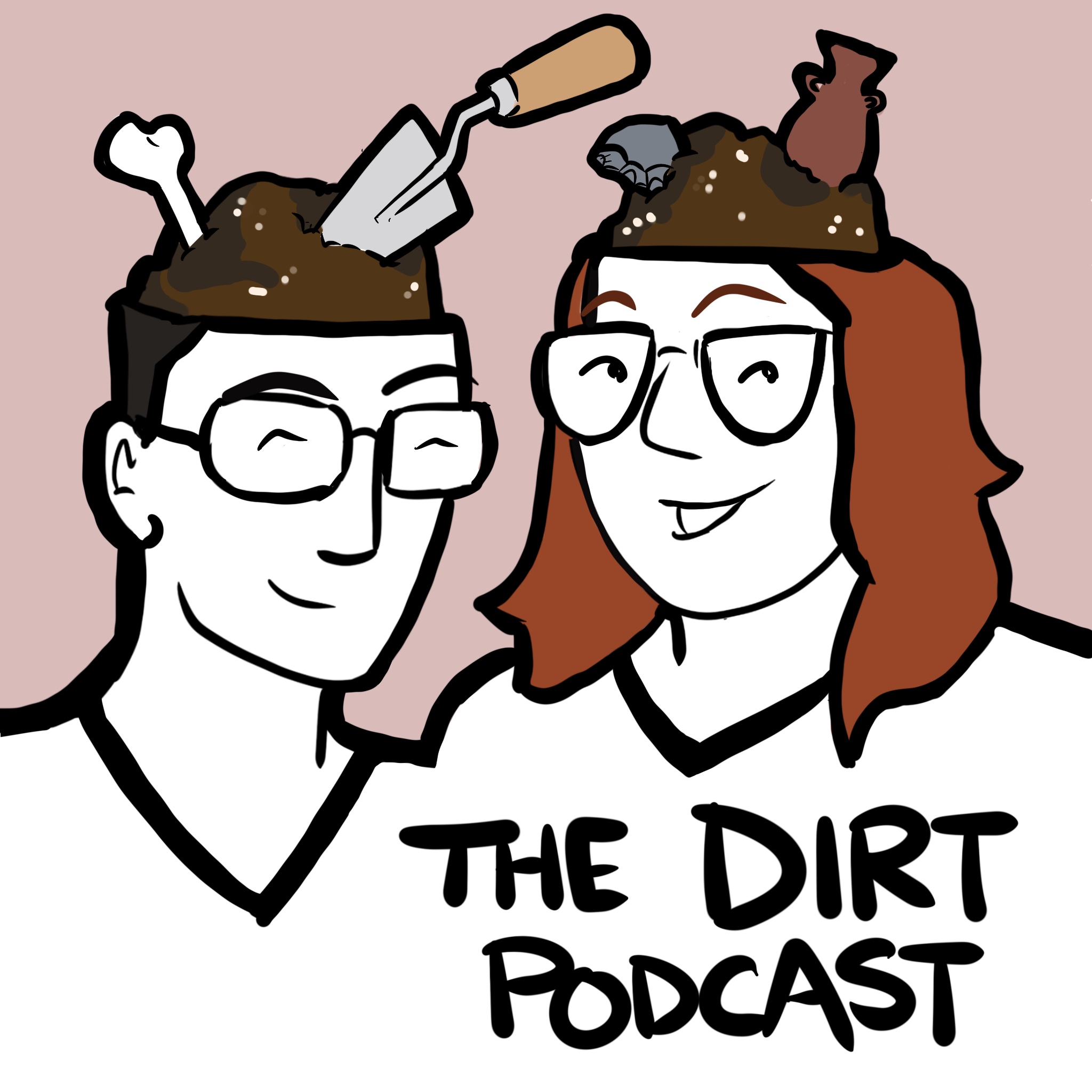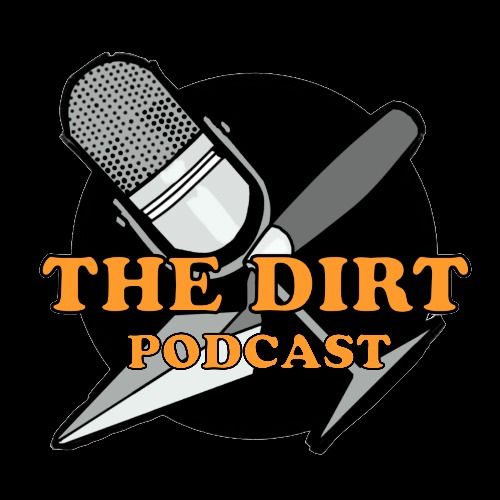Episode 189
Becoming Dr. Bonesaw with Naomi Martisius - Ep 189
This week, Amber's under the weather, so Anna goes solo with special guest Dr. Naomi Martisius. Naomi tells us how she deciphers clues about human behavior by looking at tiny tiny VERY tiny portions of animal bone surfaces under a microscope. We’ll get into her undergraduate discovery that re-wrote a part of prehistory (no, really), and her work on the extremely cool bone artifacts and ornaments from Bacho Kiro Cave, in what is today Bulgaria.
Connect with James on Twitter: @paleoimaging
Links
- Naomi's Bacho Kiro paper in the Journal of Human Evolution--available for free until June 25th!
- Amber's Fundraiser for Holler Health Justice
Contact
- Email the Dirt Podcast: thedirtpodcast@gmail.com
ArchPodNet
- APN Website: https://www.archpodnet.com
- APN on Facebook: https://www.facebook.com/archpodnet
- APN on Twitter: https://www.twitter.com/archpodnet
- APN on Instagram: https://www.instagram.com/archpodnet
- Tee Public Store

